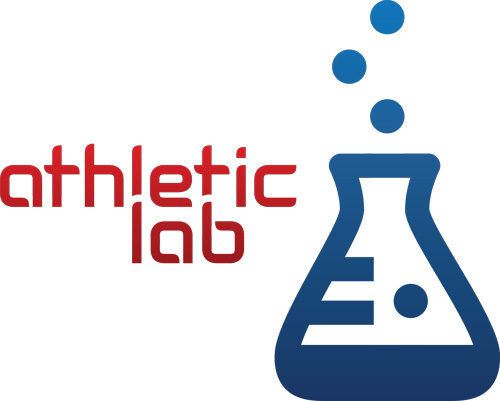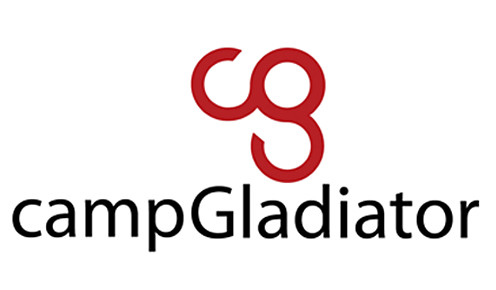Author: Dennis Meszler, MPT, SCS
As a PT focused on treating clients that have higher level athletic goals, I run into many clients that need to be re-focused on the proper way to address issues. Generally, I don’t have to worry about my clients not doing the things I ask them to do; I have to worry about them doing too much of those things and/or too much other “stuff”. Typically, they are doing things like running, biking, swimming, competing in sports or fitness athletics or any number of other things in an attempt to be in good shape and compete at as high a level as possible.
When dealing with an injury it is easy for them to fall into the “more is better” mentality. If I ask them to do 3 sets of 10 with a 5-pound weight for a rehab exercise, they figure 5 sets of 10 with a 10-pound weight must be better. Many times, that mentality can perpetuate or even worsen an issue. Proper rest and re-loading concepts are very important during periods of injury recovery. Lately, I have had to re-focus several clients on not only those thoughts but also on focused and proper completion of prescribed exercise.
Our bodies are really good at compensating to complete tasks in the face of pain or injury. When we have limited movement and muscle function, our body is not good at making things happen in the right order or with the right muscular activation patterns. Instead, our brain figures out other options using a different muscle or joint to do more work than usual. Invariably those compensatory patterns are less efficient and can lead to more stress and strain than we realize. Most commonly we run into poor firing patterns and altered mechanics in the shoulder girdle and hip/pelvic complex.
When these things are happening it is very important to slow down and really focus on proper muscular isolation and activation. This is where the “more is better” mentality can be really harmful. If you keep doing an exercise that is thought to be good for you with improper technique, it becomes part of the problem. Without really focusing and/or putting yourself in the right position to succeed you could very well just be reinforcing bad patterns. So, it is very important to be mindful of how you are completing targeted exercise.
The most common one we run into in regards to the hip/pelvic area is lack of proper gluteal muscle activation. For the shoulder blade we typically see issues with poor lower trapezius activation and/or timing. It can be very frustrating to try to get these muscles working correctly after problems have been present. On top of that, incorporating proper core muscle activation along with improved hip or shoulder function puts a whole added level of why completing these exercises properly is difficult. Putting all of it together leads to the quickest gains and best potential for it to work long term so there will be less time away from your sport or activity now and hopefully in the future as well.
At this point completing lower level exercises mindfully and frequently can help break the compensation patterns. This is akin to building a good foundation for your home. Everything built on top of it will be more stable and reliable. Once you get these muscles firing again the other joints and muscles can do their jobs more effectively and more repetitively.
Both Raleigh Orthopaedic Performance Center locations offer free injury screens for acute or ongoing concerns.
Contact us for a free injury assessment:
Cary
919-535-8845
apccaryinfo@raleighortho.com
Raleigh
919-876-1100
apcinfo@raleighortho.com









